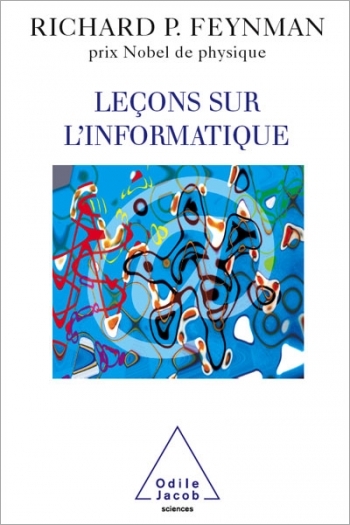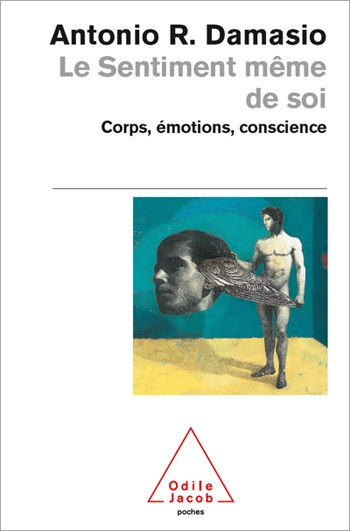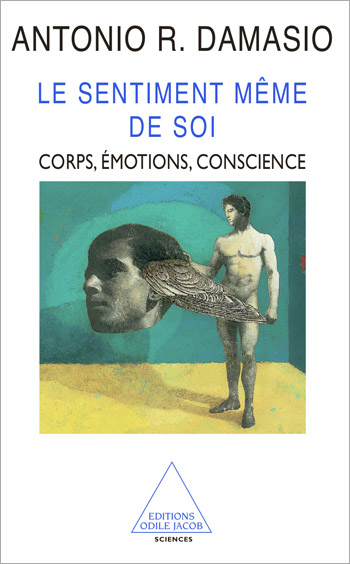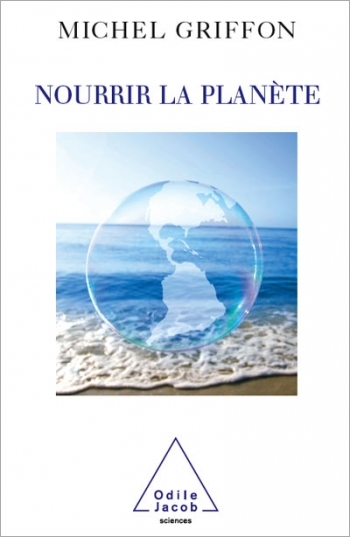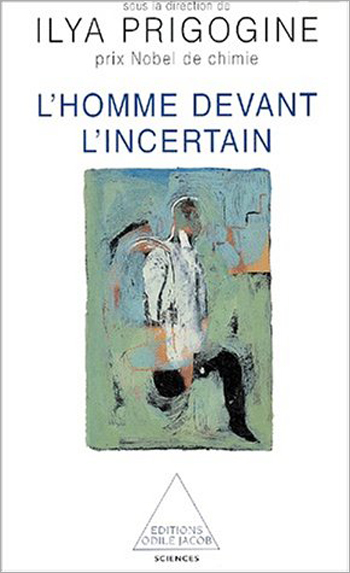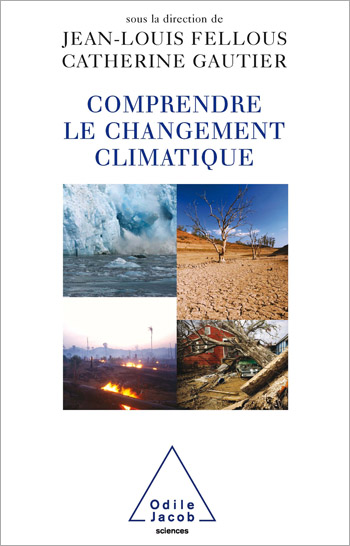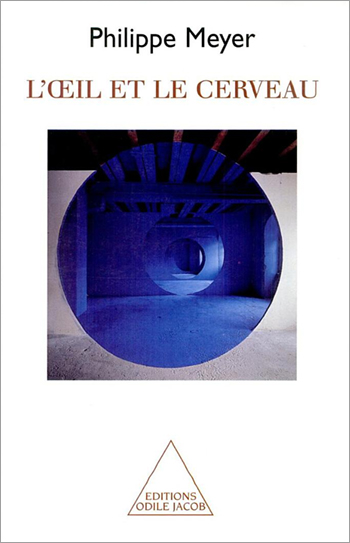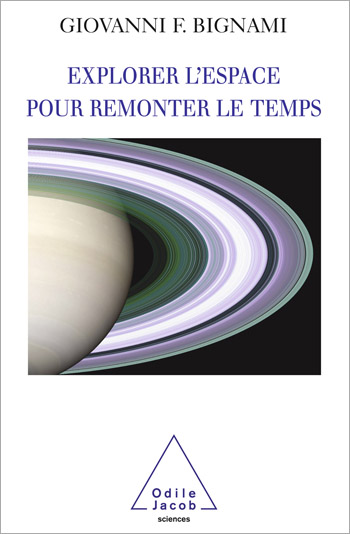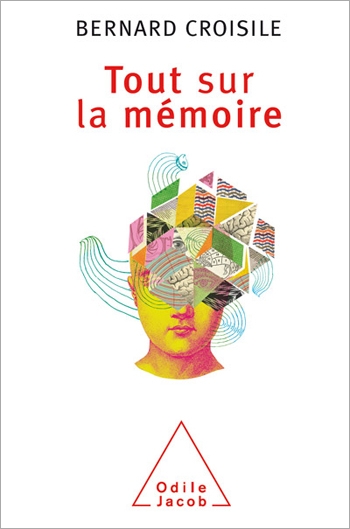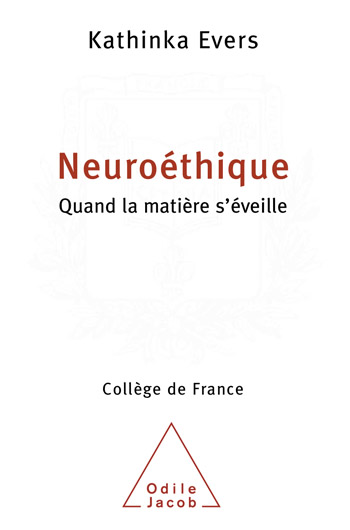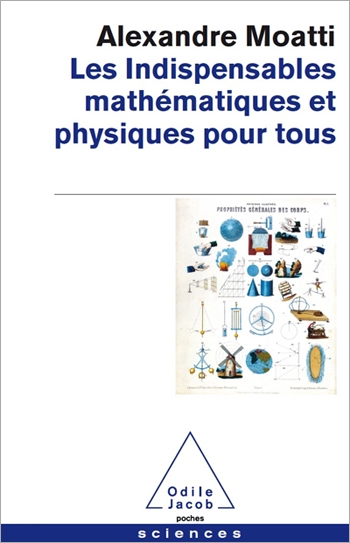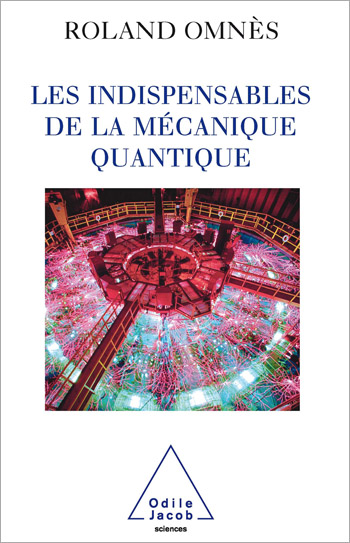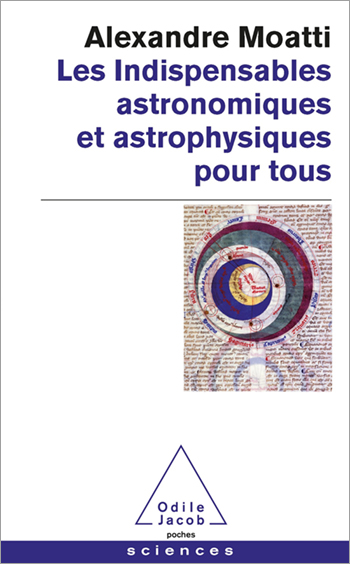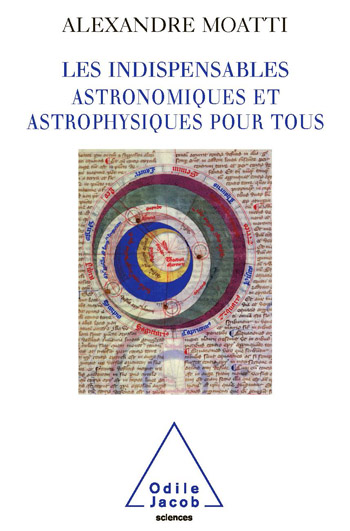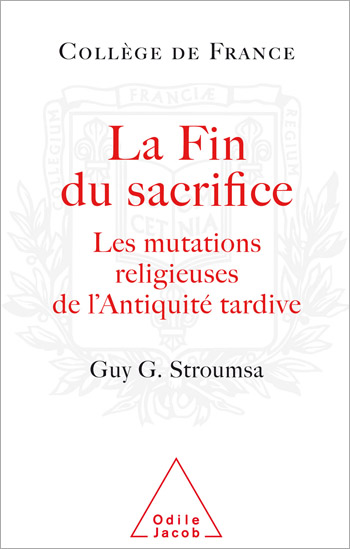Science All books
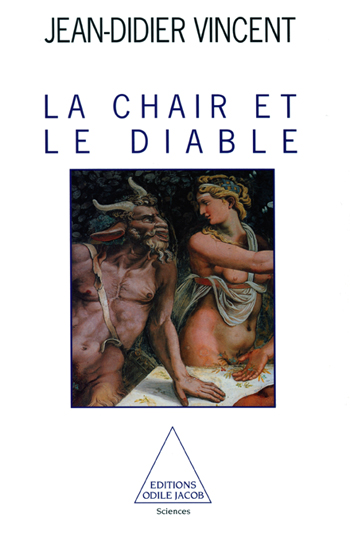
Jean-Didier Vincent
The Flesh and the Devil
"If I did not exist, nothing would exist, because there would be nothing to which oppose oneself", writes Fernando Pessoa in the devil's name. Is this the invention of a poet? Nothing is less sure. The scientist confirms the notion that life is born from the confrontation between molecules. J.D. Vincent invites us here to explore with him all the aspects, the ramifications, from animal life to the human brain, which are nurtured by this principle of opposition. The devil is constantly at work in the heart of the living, and neurobiologist Jean-Didier Vincent demonstrates this evidence with humor in his book, a continuation of the spirit present in his Biology of Passions.
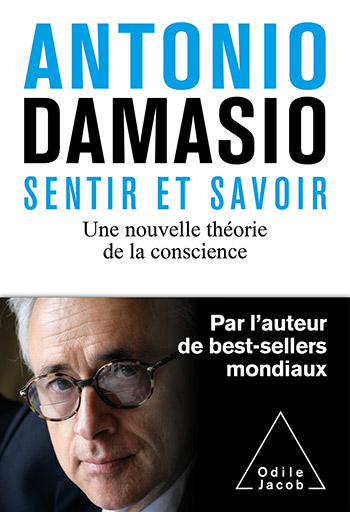
Antonio R. Damasio
Feeling & Knowing Making Minds Conscious
This book brings together the most recent discoveries in the cognitive sciences, neurobiology, psychology, and other fields, while adding the philosophical dimension dear to Antonio Damasio.
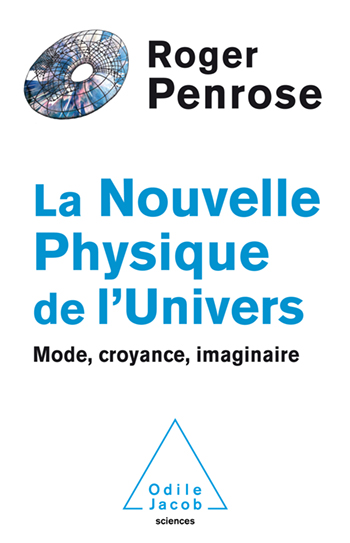
Roger Penrose
Fashion, Faith, and Fantasy in the New Physics of the Universe The Big Bang and the effect of fashion
Roger Penrose is a world-renowned theoretical physicist. The author of many books on cosmology, he is emeritus professor of mathematics at the University of Oxford.
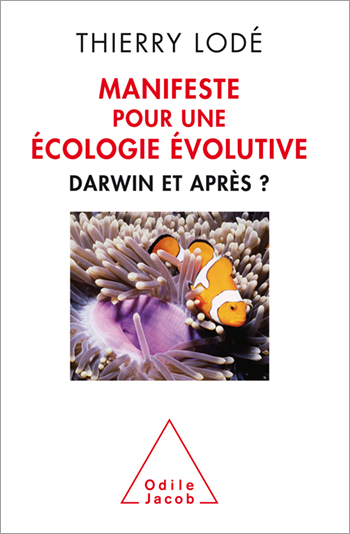
Philippe Miné, Jean-Pierre Pharabod
Fascinating Quantum Field Theory
A fascinating, informed work that takes us to the heart of the quantum revolution
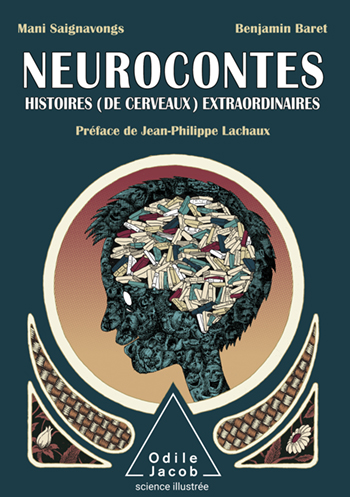
Mani Saignavongs, Benjamin Baret
Extraordinary Stories (about Brains)
A dozen short stories, which can be read individually, depending on the reader’s inclination, each one illuminating an episode in the life of our brain: how it remembers, how it is afraid, how it sees, how it recognizes, how it speaks…
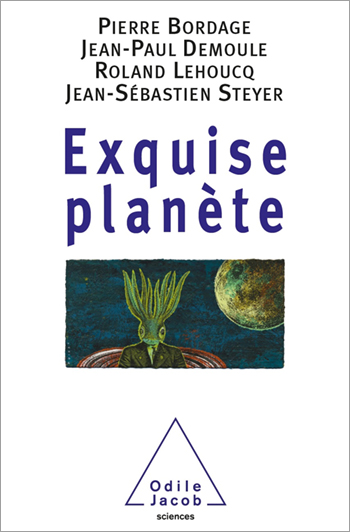
Pierre Bordage, Jean-Paul Demoule, Roland Lehoucq , Jean-Sébastien Steyer
Exquisite Planet
Adapting the form of an ‘Exquisite Corpse’ (a Surrealist technique in which collaborators draw in turn on a sheet of paper, fold it so that only a fragment remains visible, then pass it on to the next collaborator who improvises a new drawing), the four authors of this book have each described a possible planet and imagined the life forms that could have developed there, according to the laws of evolution.
![Exoplanets and Life in the Universe - In Search of Our Origins]](https://s2.odilejacob.fr/couvertures/9782738154712.jpg)
Stéphane Mazevet
Exoplanets and Life in the Universe In Search of Our Origins]
The tale of the great advances of the last half-century up to the discovery of extrasolar planets.
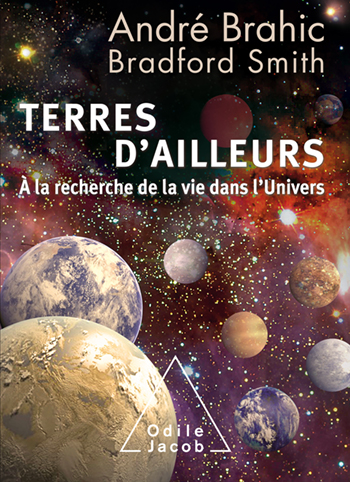
André Brahic, Bradford Smith
Exoplanets Looking for life in the Universe
A brilliant, enthusiastic and accessible work by two of the greatest living astronomers
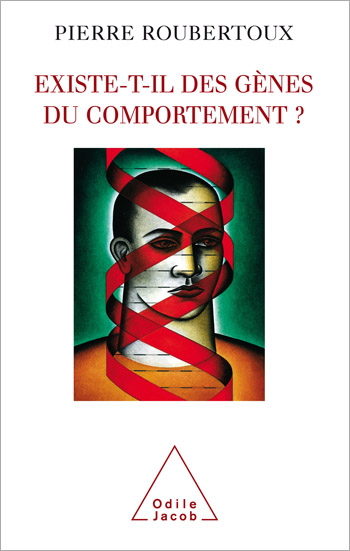
Pierre Roubertoux
Existe-t-il des gènes du comportement ?
Recent advances in genetic research have had widespread and far-reaching influences in fields as varied as animal and plant biology and medicine. They have also upset some ethical rules. Genetics today is in a triumphant, seductive phase, but its limits are yet to be defined. In this book, the eminent French geneticist Pierre Roubertoux argues that genetics has strayed too far from its justifiable areas of application. Soon, genetics may even be applied to the mind and to consciousness, just as it is already being applied to behaviour by scientists who contend that each type of conduct has its corresponding gene (this is tantamount to saying a specific gene is responsible for each virtue and each vice). Scientists who defend this theory say that they have discovered genes linked to various degrees of activity in mice and flies. Thus, intemperance and gluttony would be linked to a genetic partiality to alcohol, sugar or fats. Pride could be explained by a gene for dominance which has allegedly been found in mice. Greed, too, could be explained by a gene. The supposed existence of an infidelity gene was much in the news three years ago. This is a sound scientific synthesis which will enable readers to grasp the contribution of genetics to our comprehension of who and what we are. It should also help them resist the temptation of reducing everything to genetics. Pierre Roubertoux is a professor at the University of Aix-Marseille and a research fellow at the Institute of Physiological and Cognitive Neuroscience at the Centre National de la Recherche Scientifique (CNRS).
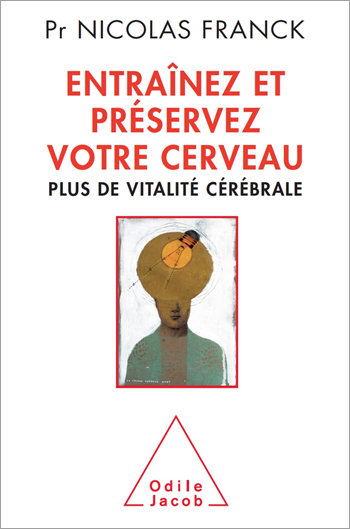
Nicolas Franck
Exercises to Maintain Your Brainpower
Practical exercises to maintain and enhance your mental capacities
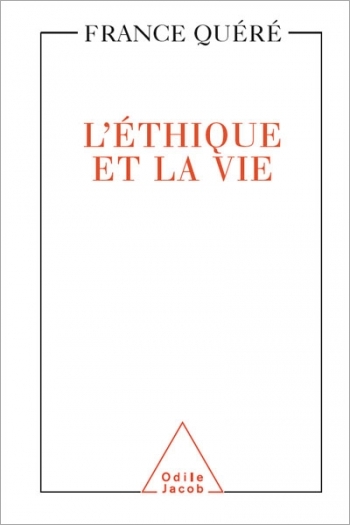
France Quéré
Ethics and Life
The recent advances in life sciences have modified our knowledge about the nature of man. Genetic engineering has given us a certain power over his future. Which principles must preside over artificial procreation and organ donation? How far can we allow genetic engineering and medical experimentations to go? What are the moral and ethical barriers of human science?
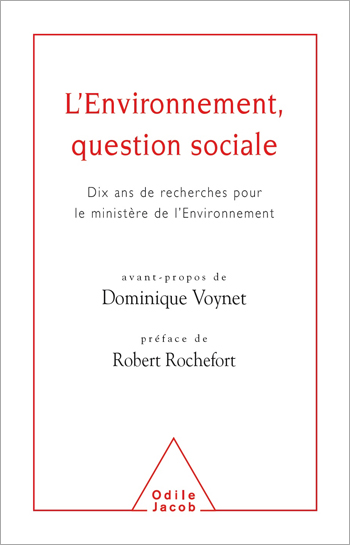
Robert Rochefort, Dominique Voynet
The Environment - A Social Question The Result of Ten Years of Research for the Environmental Ministry
This book collects 31 contributions from sociologists, legal experts, economists, and philosophers. All of these reflections point to two major motifs: that of a durable association between economy and ecology, and that of the principle of precaution necessary in and for future generations.
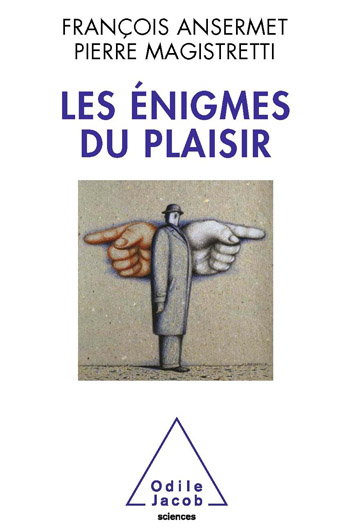
François Ansermet, Pierre Magistretti
The Enigmas of Pleasure Between Psychoanalysis and Neurosciences
A fascinating exploration of some contemporary forms of malaise, individual and collective: destructiveness, fanaticism, violence, as well as boredom, depression, dependence on gadgets, hyperactivity and addictions
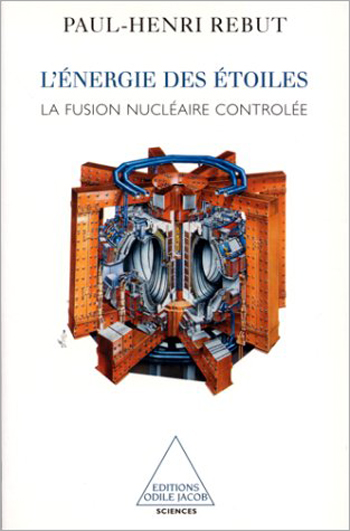
Paul-Henri Rebut
Energy of the Stars Controlled Nuclear Fusion
Nuclear fusion can be likened to God or the devil. Out there among the stars, it is godlike, creating atoms and giving birth to life. But down below, on earth, nuclear fusion is the devil: it has been used to make bombs that can annihilate everything, including all forms of life. Now that the devil of thermonuclear destruction seems to have been locked back in its box, nuclear fusion kept under tight control in civil reactors offers the hope for long-term economic development. Isnt it the only inexhaustible, non-polluting form of energy that offers no limits except that of human technical knowledge? Paul-Henri Rebut is a member of the Academy of Science.
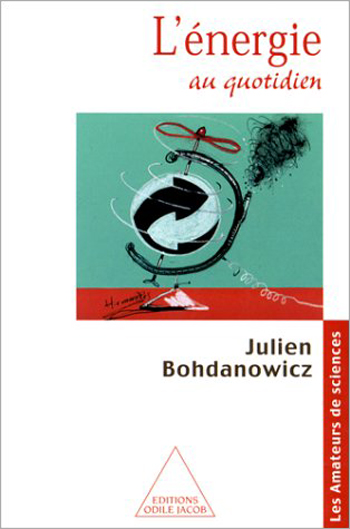
Julien Bohdanowicz
Energy in Daily Life
In this book about science in daily life, Julien Bohdanowicz explains that physics can help us understand how waste products have poisoned our environment, but also that it can show us how to treat waste. He makes readers discover the laws of the conservation of energy, which can be summarised in the well-known adage: Nothing is lost, nothing is created, everything is transformed. Julien Bohdanowicz is an engineering student at the École Nationale Supérieure des Techniques Avancées.

